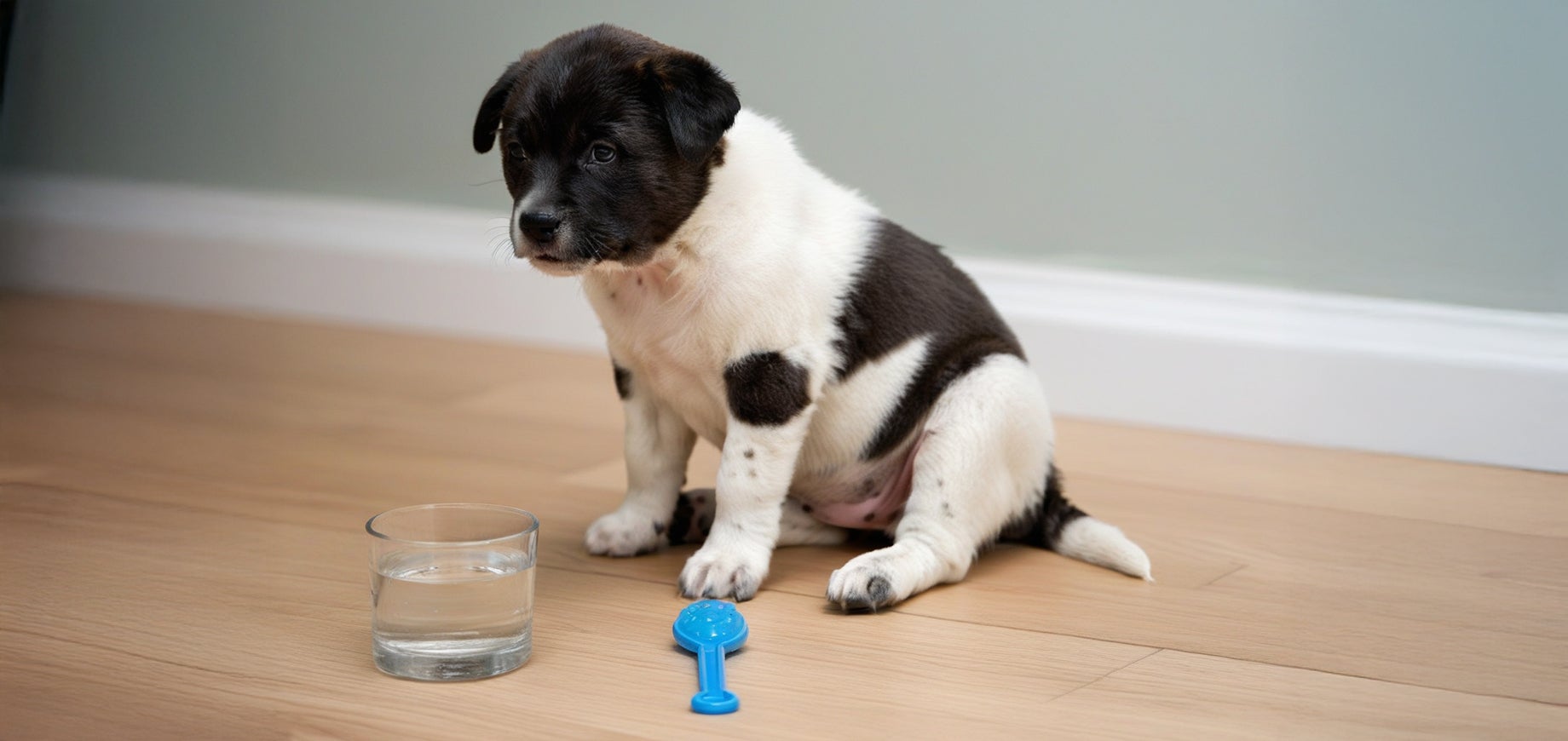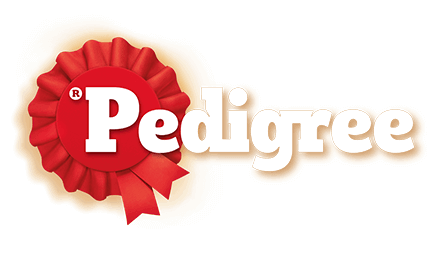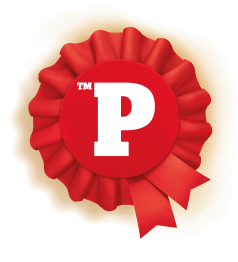Find products that match your dog’s needs

Abrupt changes in your pup’s health can be very concerning. As a pet parent, you must be aware of common health conditions, such as diarrhoea. Since dogs are prone to gastrointestinal issues, educating yourself about these conditions can help you take prompt steps in such trying situations. Let’s learn more about why puppies sometimes suffer from diarrhoea and how we, as pet parents, can make it easier for them.
Let’s learn more about the most common cause of puppy diarrhoea:
Food is one of the most common causes of diarrhoea in puppies. Maybe you changed your dog’s food because your vet recommended a better formulation, or your local vendor simply ran out of the regular. Sometimes, it can also be because of your floof’s regular food. It is normal for dogs to develop an intolerance to certain ingredients. If you think your dog’s diet is the main suspect for its diarrhoea episodes, get in touch with your vet.
Puppies are sensitive and have a delicate immune system as compared to adult dogs, which leaves them vulnerable to many infections. If a bacterial infection is causing diarrhoea in your puppy, you will be able to see other symptoms as well, such as fever, vomiting, etc.
Viral infection in canines is one of the most worrying causes of puppy diarrhoea. Infections such as parvovirus and distemper can be fatal for your dog if they are partially vaccinated or not vaccinated at all. If you think your dog has a viral infection, contact your local veterinarian at the earliest.
Doggos are curious creatures, they like to chew on almost everything. They’ll eat plants (which can also be poisonous sometimes), scan through garbage, or anything that comes their way. Eating these things can cause diarrhoea and tummy aches. It's best to see your veterinarian for treatment suggestions.
Many dogs are born with parasites and can also pick them up from anywhere. Common parasites like hookworms, roundworms, coccidia, whipworms, and more can cause diarrhoea in puppies.
Your dog’s stools may be soft, all liquid, or of a different colour. Let’s learn more about the different types of puppy diarrhoea and what these signs can mean:
Soft stool is very common in puppies and can often be a sign of diarrhoea. If your puppy is eating well and its stool does not have any uncommon colour or blood in it, then there’s no reason for you to worry.
Red diarrhoea can be scary to look at. Diarrhoea with blood can signal a serious medical disease sometimes, but it is usually related to colonic inflammation. Red diarrhoea can be caused by eating something your dog should not have eaten, parasites, or even viral infections like parvovirus. If your puppy’s stool just has a little bit of blood in it, there’s no need to panic as it may just be some mild inflammation. However, if your puppy’s stools have a lot of blood in them, you should rush it to the veterinarian.
Diarrhoea with mucus in canines is a result of inflammation of the colon walls. This is mostly not something to be worried about but if you notice other symptoms like vomiting, loss of appetite, and more, then take your pup to the vet for a checkup.
Any medical condition can cause your puppy to vomit while also having diarrhoea. It is a sign of the inflammation affecting the stomach and small intestines. Diarrhoea and vomiting together can lead to fatal dehydration. If your puppy is going through this type of diarrhoea, you must take them to the vet as an emergency as soon as possible.
Yellow diarrhoea is often a sign of increased movement in the intestines due to inflammation. However, this can also happen if you’re feeding your pup chicken and rice to heal from an upset tummy.
Your vet may recommend a particular puppy diarrhoea treatment option based on your puppy’s diagnosis. Here are the most common puppy diarrhoea home remedies and treatments:
Mild cases of bacterial infections in puppies are treated with oral antibiotics while severe infections will need hospitalisation with intravenous fluids.
Viral infections are treated with medicines that help protect the stomach, treat nausea, and sometimes oral antibiotics too depending on the severity of the infection. Puppies with aggressive infections may need to be hospitalised.
Treatment for parasites involves anti-parasitic infections specific to the type of parasite in a dog’s body. Probiotics are also given to dogs with internal parasites to help maintain their gut flora.
The best way to treat a pup with stress-induced diarrhoea is to help them calm down and incorporate more fibre and probiotics in their diet. Sometimes, oral medications, such as metronidazole are also started for puppies with high-stress levels but it can usually be cured by puppy diarrhoea home remedies.
These are just some ways of curing diarrhoea in puppies. Your veterinarian will be the best person to consult if your dog is facing such medical issues.
Here’s how you can help build your pup’s immunity and keep them far away from infections and other factors that cause diarrhoea:
If you have decided to change your puppy’s diet or your vet has recommended a new formulation, make sure that the transition is nice and easy. This will let your pup’s body get used to the change.
As we mentioned above, eating foreign objects is a very common cause of diarrhoea in puppies. Keep your surroundings clean and keep your pup at a kennel when you’re not around, so it is supervised.
Keep your pup up to date with vaccinations and keep it away from puppies who have still not finished their vaccination doses.
It’s best to ask your vet to recommend some home treatments for puppy diarrhoea for any mild episodes that your pup may have in the future. Regardless of the cause, you must take your pup to the vet just to be sure. Early diagnosis of medical conditions can help prevent any fatal situations in the future.
If your puppy has diarrhoea, you must take it to the vet. They can help gauge the cause and provide the right treatment for diarrhoea in puppies.
Puppy diarrhoea home remedies include stress management, fibrous foods, and probiotics. However, it is best to consult your vet to be safe even if you’re administering home treatment for puppy diarrhoea.
Foods like pumpkin, chicken and rice, potatoes, etc can can also ask your vet to recommend some probiotics for your pup.
Puppy diarrhoea should resolve in two to three days. If your puppy’s symptoms have not calmed down within two days, take it to the vet.
Signs and symptoms of puppy diarrhoea include loose stools, soft stools, blood in stools, etc. If you notice any of these signs, take your pup to the vet at the earliest.

Find a PEDIGREE® stockist
near you!
Buy online
Click to buy from any of the retailers below

